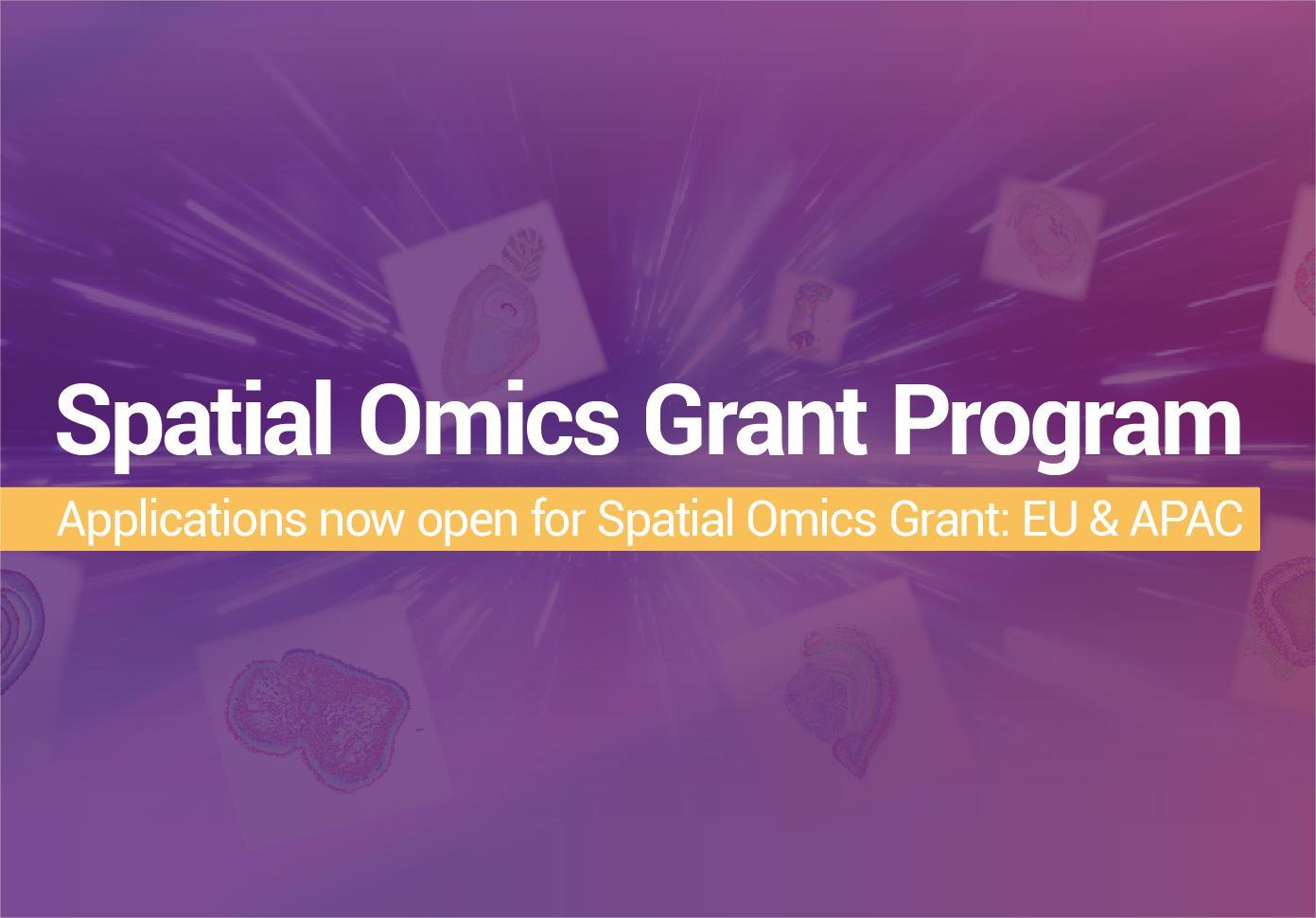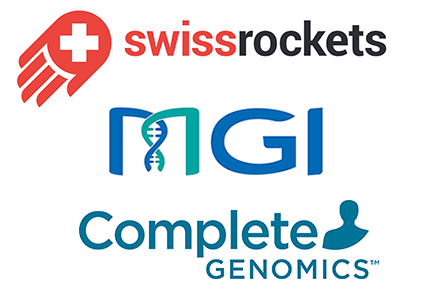Bangkok, Thailand, 4 December 2024 – MGI Tech Co., Ltd. (“MGI”), a company dedicated to developing core tools and technologies that drive innovation in life sciences, has partnered with National Omics Center (NOC) under the National Science and Technology Development Agency (NSTDA) to leverage advanced sequencing technology for mangrove conservation research. The joint efforts aim to address the environmental challenges facing mangroves, which play a crucial role in coastal defense and the livelihoods of local communities.
(Click the below picture to watch the film)
For centuries, mangroves have served as nature’s coastal guardians, acting as protective and vital barriers against erosion and storm surges while providing a haven for marine species. These ecosystems are crucial to the fishing industry, which contributes significantly to the nation’s economy. However, over the past 50 years, more than 60% of Thailand’s mangroves have been lost due to deforestation and urban development. With their disappearance comes increased vulnerability to environmental changes, making conservation efforts ever more pressing.
“Mangroves have stood by us,” reflected a local fisherman. “They protect us from the waves and give young fish and crabs a place to grow. Without them, our way of life would be at risk."
A Genetic Lens on Mangrove Conservation
Understanding the genetic diversity of mangroves is essential to developing effective conservation strategies. Genetic data reveals how species adapt to challenges such as rising sea levels, changes in salinity, and habitat loss. The MGI sequencer DNBSEQ-G400RS allows for precise evaluation of such diversity for the first time, enabling researchers to delve into this genetic complexity with unprecedented precision, marking significant progress in conservation strategies.
Dr. Jeremy Shearman, Senior Researcher at the NOC, emphasized the value of this approach. “Mangroves are essential for coastal regions and estuaries. They offer erosion protection from surf and storm damage, creating nurseries for young marine life that replenish ocean stocks. Understanding genetic diversity helps us preserve these valuable ecosystems.”
He further explained, “The main purpose of the research was for conservation. We wanted to identify the species present, sequence their genomes to create reference databases, and use restriction enzyme sequencing to measure genetic variation across mangrove populations throughout Thailand.”
How MGI Tech Empowers the Initiative
At the heart of this initiative is MGI’s cutting-edge technology. MGI’s proprietary DNBSEQ™ sequencing technology supports Restriction-site Associated DNA sequencing (RAD-seq), which is pivotal in building a comprehensive reference genome database and assessing the genetic diversity of these critical ecosystems. The RAD-seq method efficiently identifies genetic markers, crucial for constructing reference genomes and understanding the genetic diversity among mangrove populations. This insight is fundamental for formulating effective conservation strategies targeting these vital ecosystems.
Dr. Wirulda Pootakham, Director of NOC, remarked, “Building a reference genome database for 15 mangrove species in Thailand allows us to assess genetic diversity more accurately using DNA data. This is vital for prioritizing conservation efforts.”
The precision of MGI’s sequencing technology is transformative. “MGI’s platform delivers high-quality data that reduces uncertainties in our research and allows us to focus on achieving impactful biodiversity outcomes,” shared Ms. Sonicha U-thoomporn, Research Assistant at the NOC.
“Our innovative sequencing process offers unmatched accuracy and efficiency, which are critical for biodiversity research, analysis, and conservation,” added Mr. Nitinai Sising, MGI Sales Manager, Thailand.
Beyond RAD-seq, RNA sequencing enabled by MGI further enhances this research by revealing gene expression and adaptive mechanisms of mangroves to high-sodium environments. Together, these techniques offer an integrated view of mangrove biodiversity, resilience, and adaptability.
A Vision for the Future
MGI’s contributions to mangrove conservation are already making waves. This research not only highlights the genetic nuances of mangrove species but also supports broader conservation initiatives across Southeast Asia. The genetic insights gathered through this initiative are informing policies and practices to protect and restore mangrove forests, ensuring these ecosystems continue to benefit coastal communities and the nation’s economy.
This work also fits a broader vision. MGI’s commitment to sustainability extends to other projects, exemplified by its collaboration with Indonesia’s National Research and Innovation Agency on seaweed biodiversity. These partnerships highlight how genomics can address ecological challenges across Southeast Asia and beyond.
As Thailand’s mangroves tell a story of resilience and recovery, the partnership between the NOC and MGI provides a compelling example of how science and technology can safeguard nature’s treasures. This case study underscores MGI’s pivotal role in advancing Thailand’s mangrove conservation efforts, providing a blueprint for using genomic innovation to preserve biodiversity and support the resilience of ecosystems for future generations.
“We are proud to support important scientific initiatives in Thailand that enhance local ecosystem conservation efforts and improve the lives of community members. Our commitment lies in harnessing cutting-edge life science tools to advance global sustainable development and environmental protection initiatives. By addressing pressing challenges, we aim to provide innovative and viable solutions that benefit both humanity and the ecosystem,” remarked Duncan Yu, President at MGI.



 Sequencer Products: SEQ ALL
Sequencer Products: SEQ ALL















 Technologies
Technologies Applications
Applications Online Resources
Online Resources Data Bulletins
Data Bulletins Service & Support
Service & Support Global Programs
Global Programs Introduction
Introduction Newsroom
Newsroom Doing Business With Us
Doing Business With Us Creative Club
Creative Club














